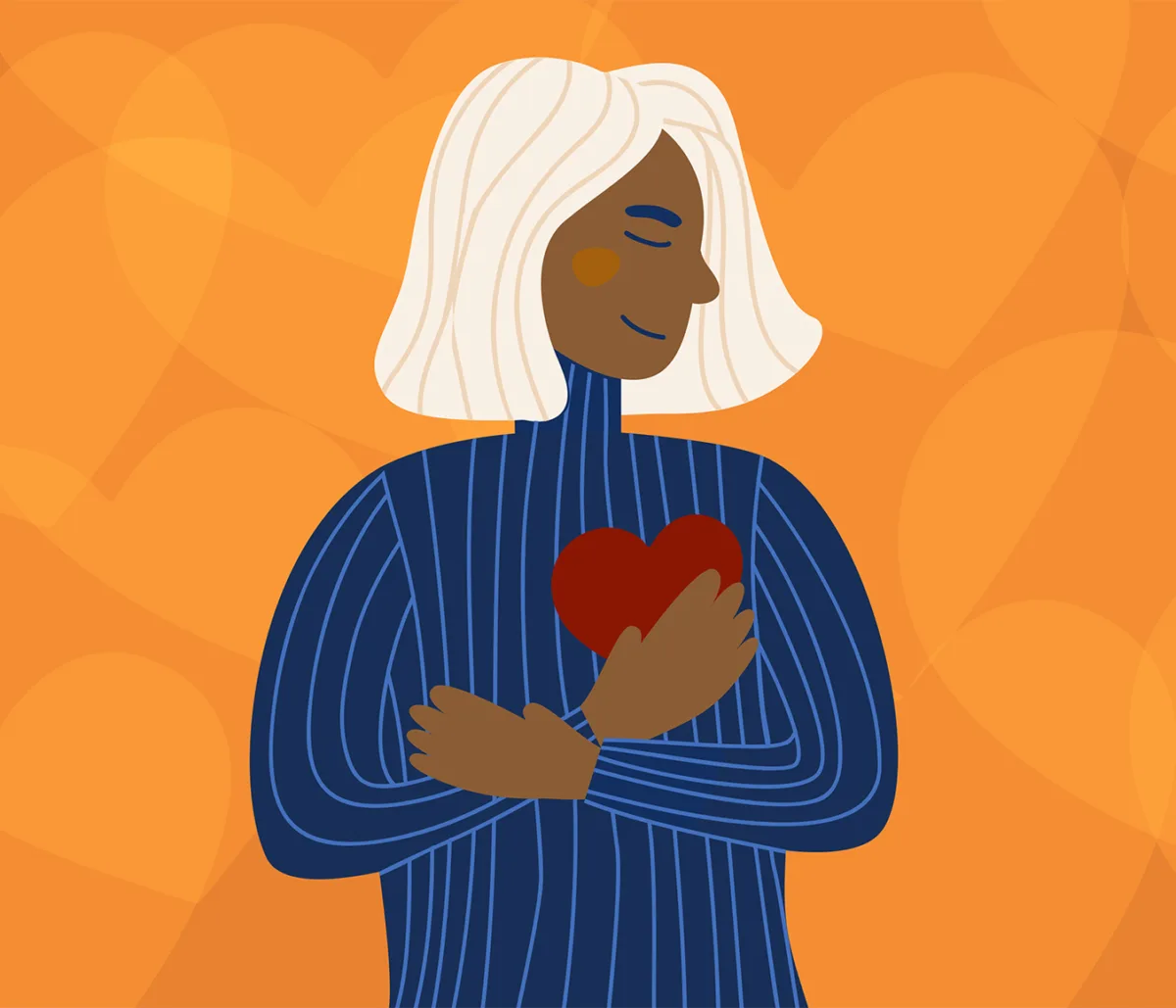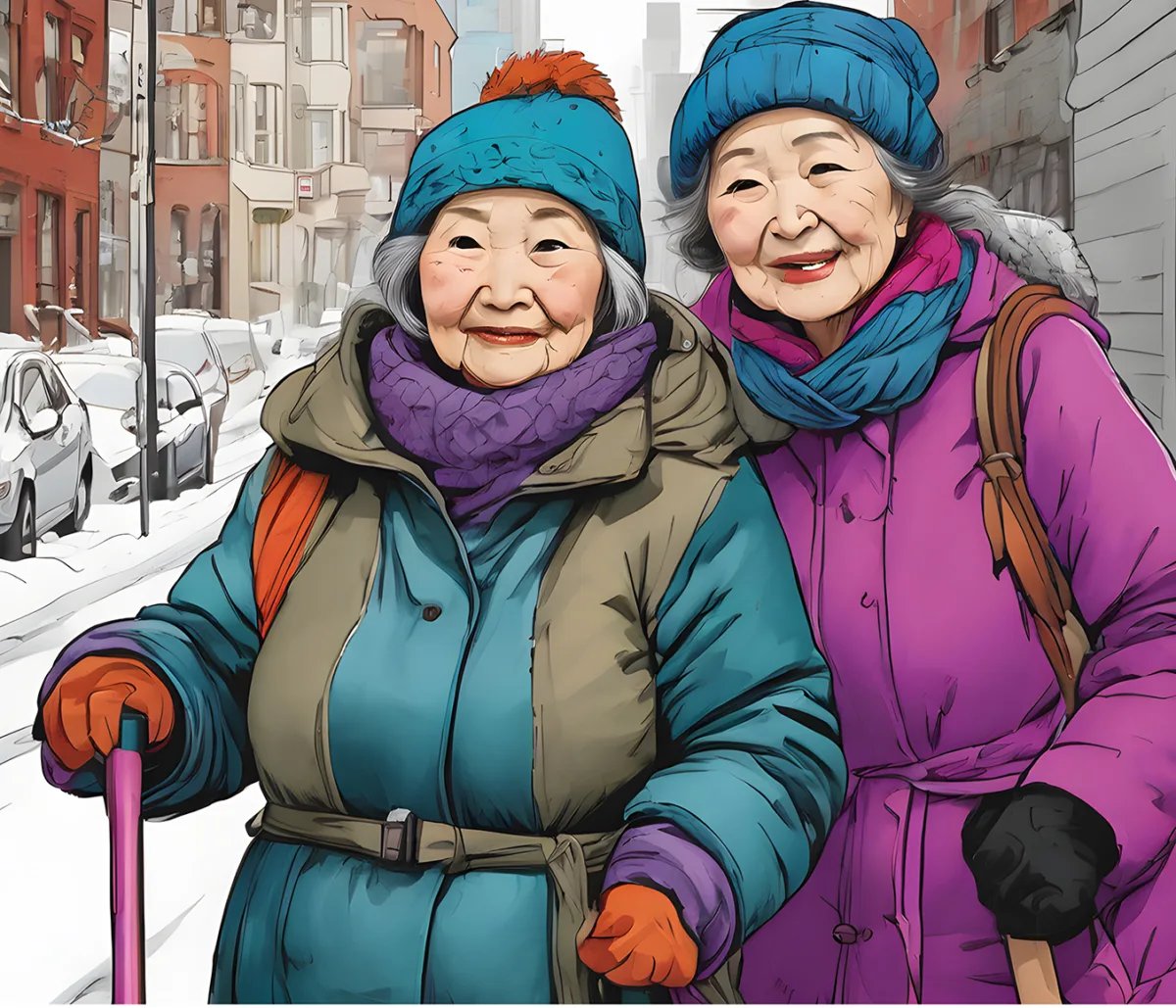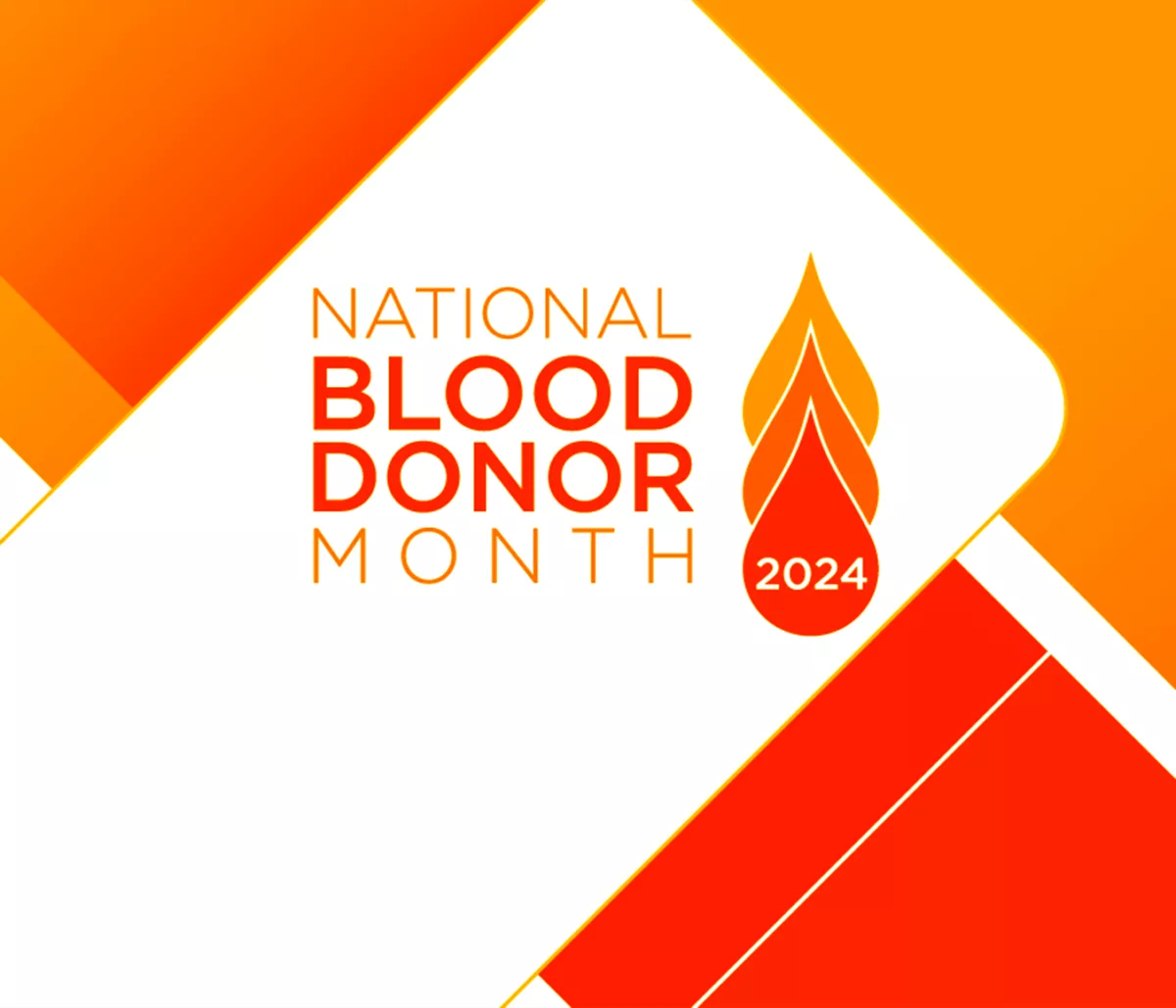Blogs
Fall Risks: 8 Steps to Prevent Injury in the Home
January 29, 2019Each year, 3 million seniors are treated in emergency rooms for fall injuries.¹ Research shows that only half of those who have experienced a recent fall will inform their doctor. If you are 65 or older, it is very important to not only tell your doctor if you have had a fall but evaluate your environment with the help of a loved one or caregiver to determine what can be done to reduce said risk in the home.
Here are 8 steps you and your loved one can take to prevent fall risks and injury.
Take it slow. Wherever you are rushing to, the door, bathroom or to answer the phone, your safety is more important. It is better to take your time and miss a phone call than to end up with an injury that could have been avoided. Moving quickly from a sitting to a standing position can cause “head rush” or dizziness. Instead, take a couple minutes before getting up.
- Be a bother. Ask for help. A life changing injury can happen at any time. It is ALWAYS better to be safe than sorry.
- Use it or lose it. If you have an assistive device - a cane, a walker, shower bars, etc. - take advantage of them. There is no need to be embarrassed or uncomfortable using the tools that help keep you safe. Additionally, avoid using furniture or towel bars to lean on as these are not strong enough to hold an adult’s weight.
- Control your pain. Take all pain medication as prescribed by your doctor. Increased pain, which can contribute to weakness, will increase your fall risk.
- Use a crystal ball. Take an honest look around your home and you’ll find you can easily predict fall risk areas. Is there a loose throw rug? Poorly lit hallway? Clutter in the living room that is hard to get around? It doesn’t take a fortune teller to predict that your loose carpet may cause a fall. Address these issues immediately and fix or modify them as needed.
- Shoes/Socks. Wearing properly fitting shoes or non-slip socks can be a simple way to prevent slips and falls at home. Even slip-on style shoes or slippers should be avoided because they can fall off your feet and cause an injury.
- Seeing is believing. Poor vision can contribute to fall risk and bifocal use can make it difficult to use stairs. Be sure to schedule regular eye exams each year to ensure your prescription is up to date and your glasses fit properly. It is also a good reminder to wear your glasses daily and keep an extra pair handy.
- Stay fit. Any amount of exercise or movement can benefit your general health and balance.² There are special programs that are designed to improve balance and reduce falls including Tai Chi, low impact aerobics and many others. Contact your local community center for programs that are offered. If you are unable to leave your home ask your doctor to recommend appropriate exercises.
Once you’ve reduced your home’s fall risk you will find that you have also reduced your risk of injury and subsequent visits to the ER. So go ahead and be a bother; ask your loved one, caregiver, or friend to help make your home as risk-free as possible.
No comments found.Leave a Comment

Breaking Barriers in Healthcare: The Inspiring Stories of Black American Trailblazers during Black History Month
During Black History Month, it is important to recognize and celebrate the incredible achievements and contributions of Black Americans in various fields. In the healthcare industry, Black Americans have played a crucial role in breaking barriers and paving the way for future generations. True Care Home Care is honored to highlight the inspiring stories of […]

10 Heart Healthy Tips
February is Heart Health Month, a time dedicated to raising awareness about cardiovascular health and promoting healthy habits. Taking care of your heart is essential for overall well-being and longevity. Whether you’re young or old, it’s never too early or too late to start prioritizing heart health. In this article, we will provide you with […]

The Top 10 Most Common Winter Ailments: What You Need to Know
The Top 10 Most Common Winter Ailments: What You Need to Know During the winter months, many people experience a variety of ailments that are specific to the season. These ailments can range from common colds and flu to more serious conditions like pneumonia and bronchitis. At True Care, your priority is your health so […]

Essential Tips for Keeping the Elderly Healthy and Happy in Winter
10 Essential Tips for Keeping the Elderly Healthy and Happy in Winter As the winter season approaches, it is important to ensure the health and happiness of our elderly loved ones. The colder temperatures and harsh weather conditions can pose significant challenges to their wellbeing. That is why True Care Home Care has compiled a […]

Saving Lives One Drop at a Time: Celebrating National Blood Donor Month
Saving Lives One Drop at a Time: Celebrating National Blood Donor Month Every January, National Blood Donor Month is celebrated in the United States to raise awareness about the importance of blood donation. This month-long campaign aims to honor the individuals who make a difference by donating blood and saving lives. By shedding light on […]
